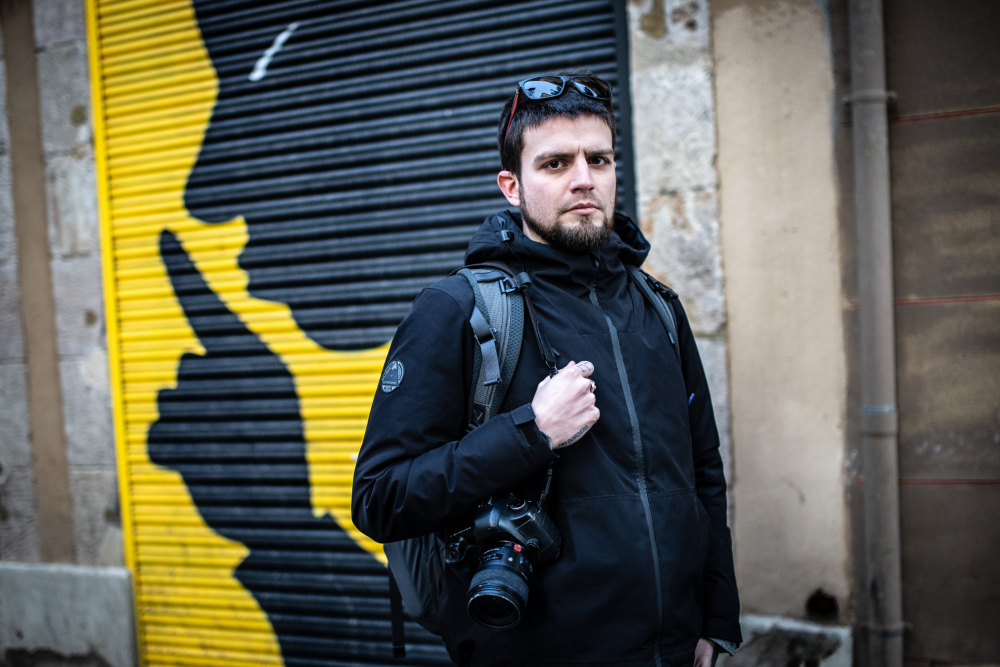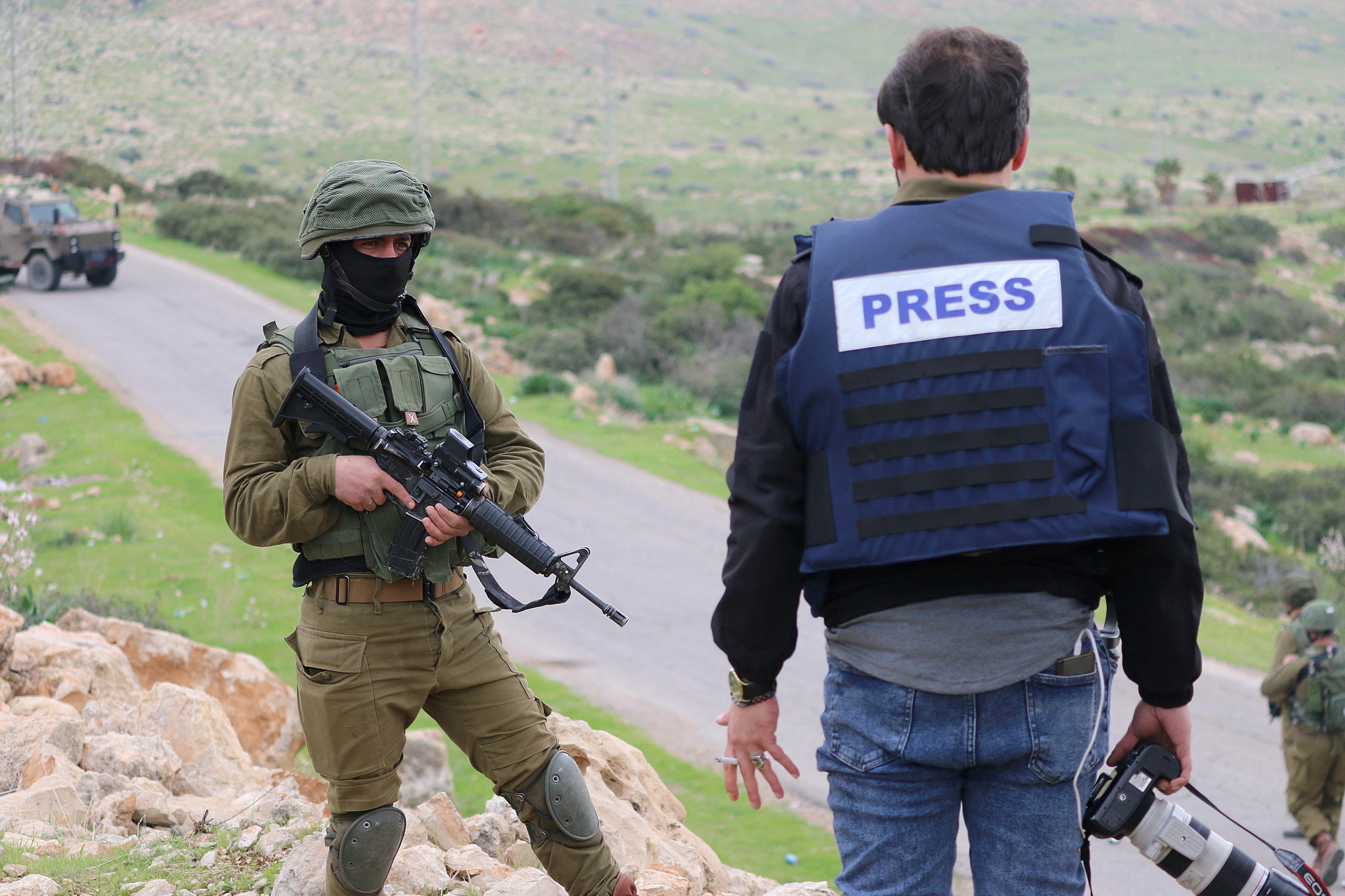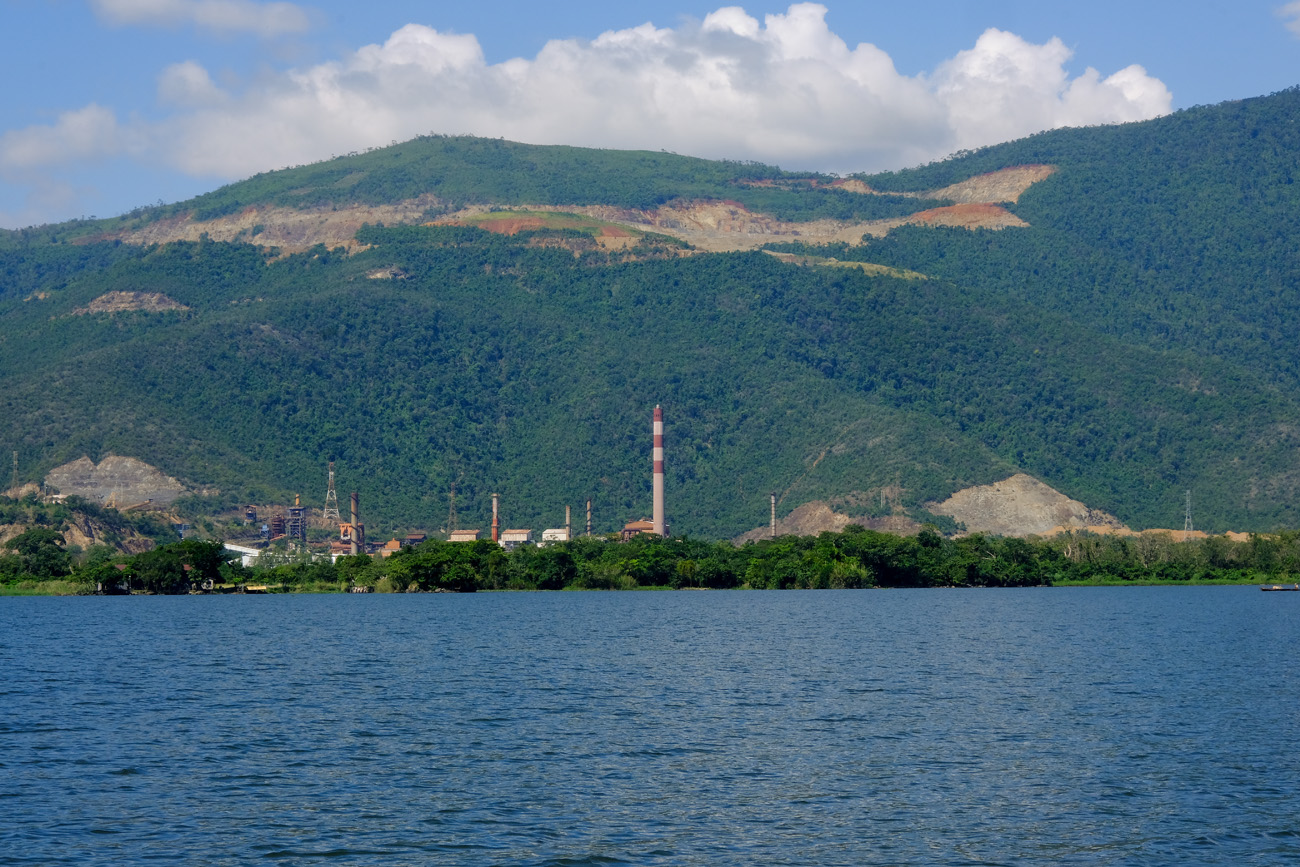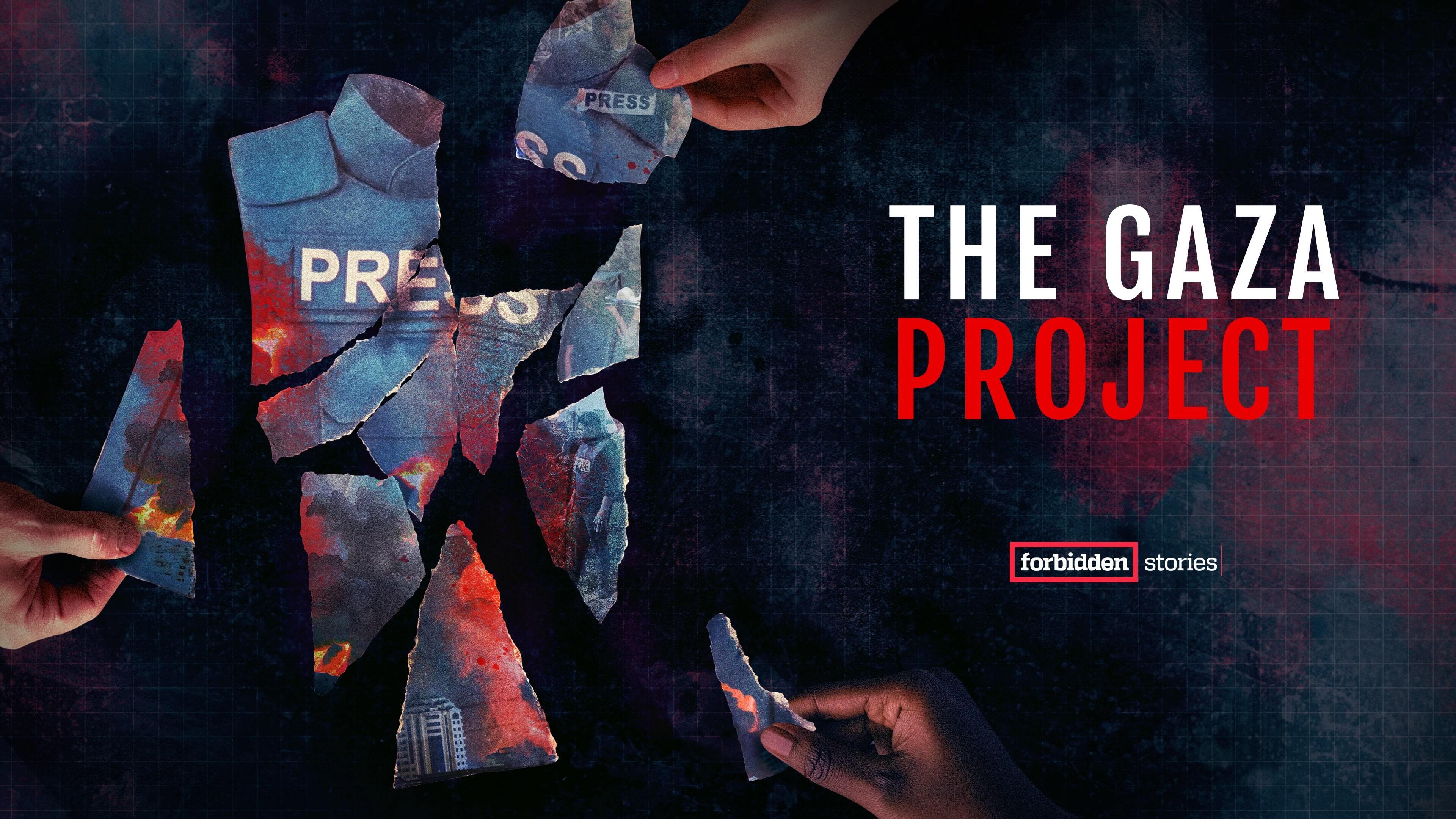"I won't let harassment be affected by my work."
- The photojournalist Carles Palacio i Berta (Girona, Catalan Countries, 1988) works for the Direct Media and ElNacional.cat. Beyond their homeland, The New Yorker, Financial Times, Internazionale, Agència Nur and The Guardian are other media outlets in which they have published their papers. Although his sagacity as a photographer often highlights for good, he has recently known the other side of journalism: on 16 January, while working, he was arrested by the National Police in a raid in Girona.

On the anniversary of the referendum on 1 October the TAV lanes were occupied in Girona. Even though you were working, you have been accused of public disorder in connection with the action.
At the police station, I was shown the pictures that day. I saw the orange arm of the College of Journalists. With the camera in his hand and the objectives above, he would appear photographing and reviewing. They were sure I was working.
The officers of the National Police informed you of your status as a journalist, and were surprised by that.
I don't know if they faked, or just executed orders, they didn't really know who the detainee was. In declaring, I answered only the questions of my lawyer, who showed that I was a journalist. This did not change their mind, they said nothing about it. I was released on charges, and it's over.
What reading do you make of the arrest?
The arrests have been completely repressive. Clearly, beyond personal freedom, they have attacked the freedom of the press and of expression. They wanted to point out that, like everyone else, journalists can also be arrested.
Has the political situation in Catalonia increased the attacks on freedom of the press?
Yes, many others have also suffered. Some of them have been expelled from the demonstrations on the grounds that they cannot be present at the event, and despite being identified as journalists, they have also been beaten down. It is not only the National Police, but also the Mossos d’Esquadre have these kinds of actions. The Mossos don't stop you, but they do practice practices that limit the journalist's work and freedom of information.
.jpg)
At work, you say you've been scared more than once.
Yes, you feel marked in the manifestations of collective and ultrafine policemen, you feel someone follows you. In those cases you realize that you're not doing your work freely, that you don't feel like any other manifestation.
How does all of this affect your work?
I do not want these developments to influence my work. I will continue to do the same, in the same way and under the same rules. I will not allow persecution to affect my work. I think we have to face ourselves in some way, “you won’t ruin me.”
Has it come to self-censure?
It goes more carefully, there's a little bit of self-censorship. You take pictures, but in my case they're not the ones I'd like to take out or the ones that make me proud. For example, I can have a desire to take a full-blown picture of a policeman, to catch a ray of sunshine in the taser he's wearing. But because I can have problems with that picture, instead of the image I have on my head, I'm going to take a picture with the tormer and the piece of plate on the mosso, without the agent's identification number. You make a picture, but you're self-censoring. Even though it is low, it is a self-censorship. The consequences of the photographs and the Mordaza Law are constant.
They also threaten you with journalists.
Yeah, they know who you are, who you're traveling with, they've been making your profile. It's not nice.
Detention can even be a kind of declaration of their work.
Yes, it is clear that as far as my work is concerned, Zeozer is annoying them. It can be because of the contacts I have, because of the work I do, because of what I publish or because of those who publish my work. As far as I am concerned, I try not to do anything that looks like a pamphlet or touch anything proselytizing. That, of course, I want in the photos I make to see what my political position is and what my ideology is. I think that fascinates them and makes them angry.
Have you felt protected by the arrest?
The response of many people has been terrible, I have felt support. It has to be said, however, that the response I have received across the borders of Catalonia has been very limited. Many local media outlets have not resulted in this case, which is being recorded on the Internet. I find it incredible that, being arrested by a photojournalist, some media outlets and schools behave as if nothing had happened, when it affects all journalists. It seems that the reading is as follows: “as is Catalan, it seems to be from the left and as it publishes in Directo… I would do something.”
The presence of the raid in Girona does not seem to be a coincidence.
It's no coincidence at all. Especially if we take into account that in Girona anti-fascist platforms, CoR and others have carried out great actions and protests. In Girona they also have an eye.
Northern social photography
“When I started studying graphic arts, photography caught my attention, for everything I could convey in such a small space and for the universality of its visual language. I started with analogue cameras doing my first pictures, processing and scanning the photographic films I had at home. A series of evictions that occurred in the neighborhood and the concentrations of the PAH of Girona (Platform of Mortgages Affected) reasserted me in the social photography: I had to account for the realities, beyond my photos being seen and valued, to serve for something else. So I decided to do photojournalism studies and gradually started collaborating with the media.”
Osasun artak biltzen ari da Pablo Gonzalez Moskun une honetan. Joan den astean, Poloniako Radomgo segurtasun handiko espetxetik atera zen kazetaria bi urte eta bost hilabeteko preso egon ondoan. Poloniak leporatzen zion espioitza frogatu gabe libre atera da.

























